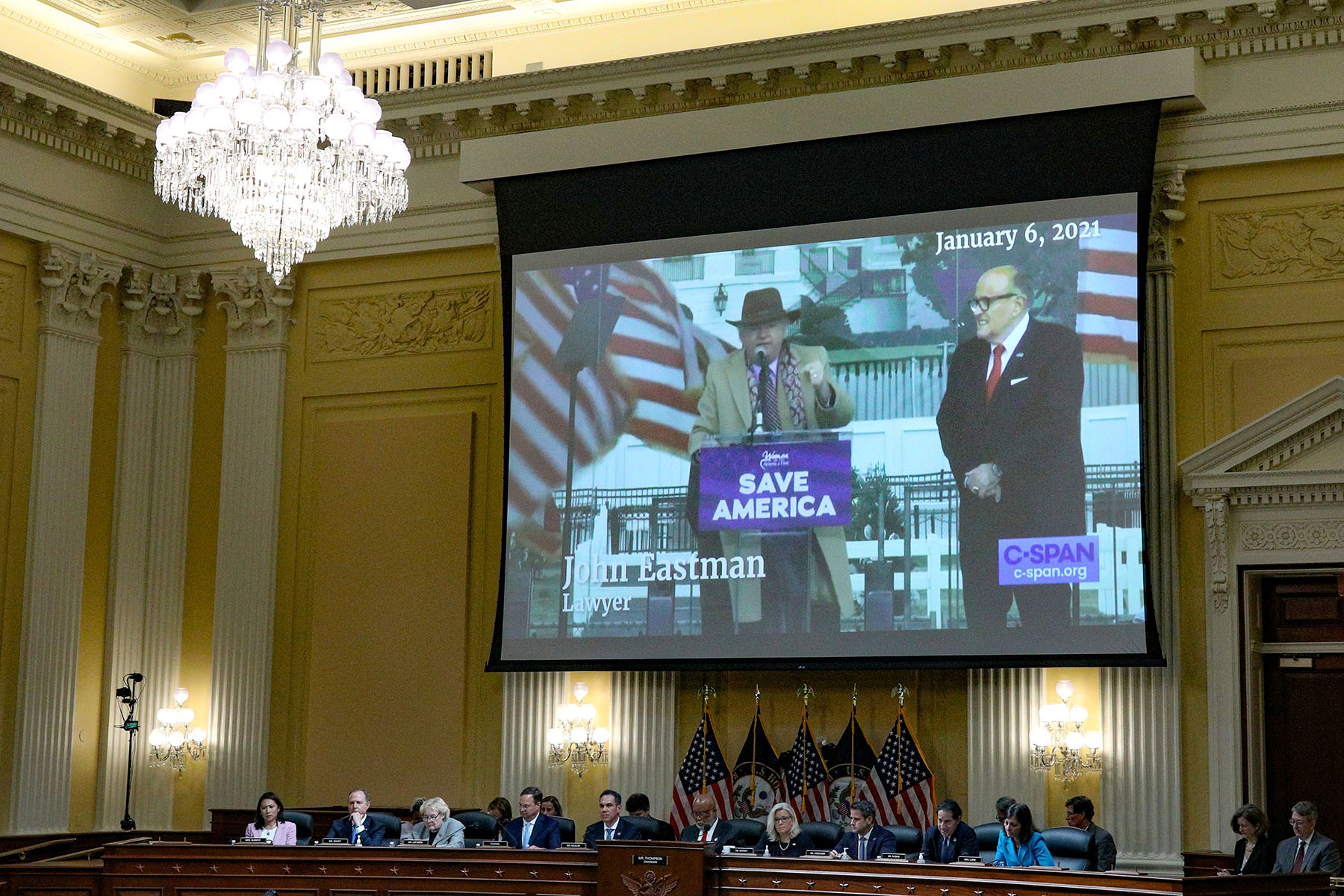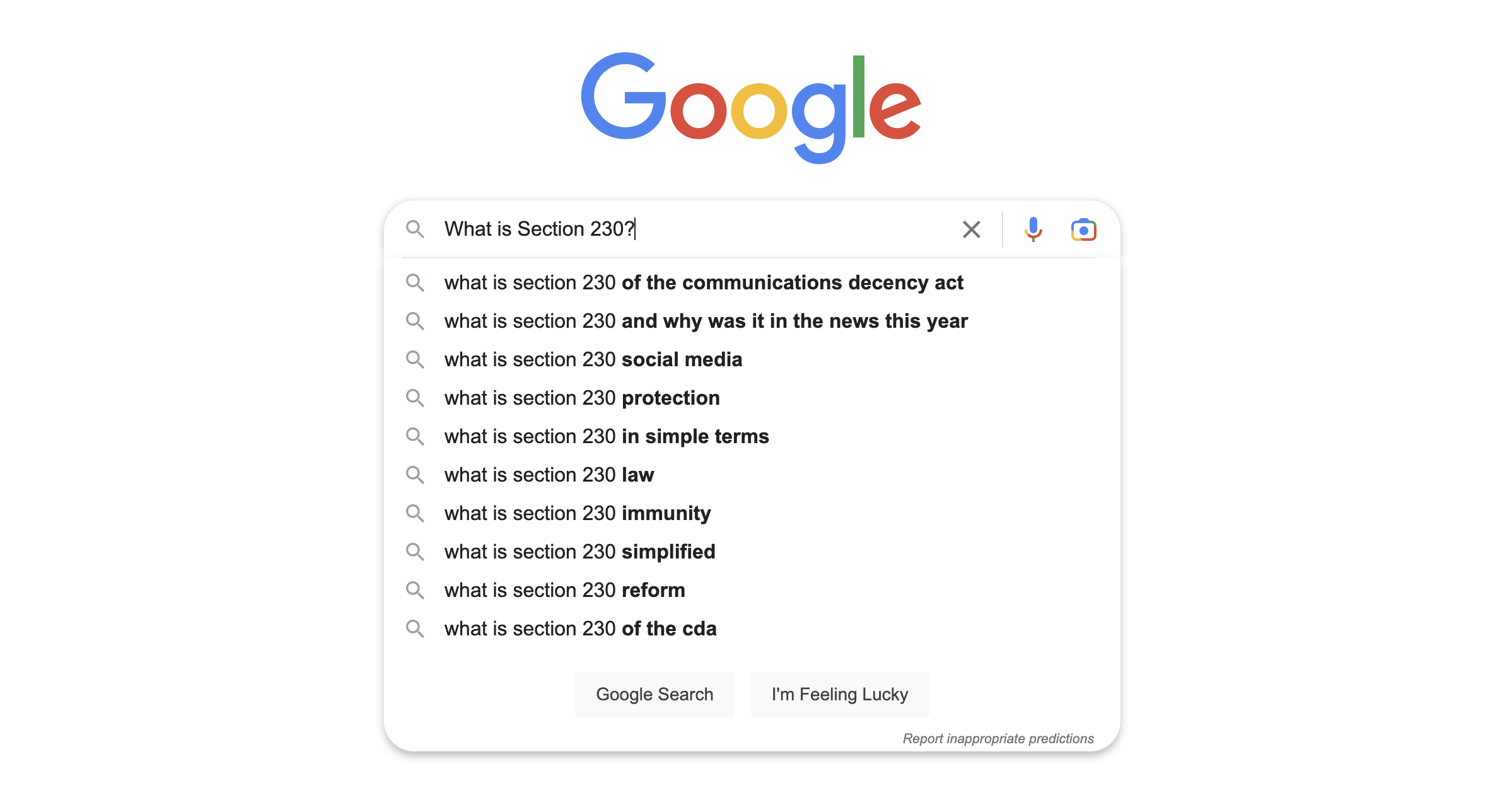By Azhar Majeed
Iowa has joined the growing list of states where the legislature has introduced a bill mandating what can and cannot be taught in its public schools, in clear opposition to the First Amendment.
As I’ve written about recently, the state legislatures in Idaho, Rhode Island, and New Hampshire have all contemplated bills that would prohibit publicly funded educational institutions, including colleges and universities, from providing teaching or training that advances “divisive concepts” about race and gender. These pieces of legislation—and like-minded ones in other states—follow the Trump administration’s ill-conceived “Executive Order on Combatting Race and Sex Stereotyping” from September 2020.
Iowa stands out, though, because among the measures on the table is slashing funding to institutions that utilize The New York Times’ “1619 Project” in U.S. history curriculum. The 1619 Project reframes U.S. history by going back to the first slave ship arriving in America in 1619 and by examining the role that slavery has played throughout American history.
First, Iowa’s HF 802 bill mandates that educational institutions will not “teach, advocate, act upon, or promote divisive concepts” regarding “race or sex stereotyping” or “race or sex scapegoating.” Under this legislation, divisive concepts include holding that “any individual should feel discomfort, guilt, anguish, or any other form of psychological distress on account of that individual’s race or sex.”
As previously discussed with respect to the Rhode Island and New Hampshire bills, this type of legislative language draws its inspiration from the Trump administration’s September 2020 executive order, which took aim at various teachings, diversity trainings, and other discussion of issues like systemic racism in America and the role that race plays in societal privilege.
The executive order also targeted teaching or scholarship related to “Critical Race Theory” (CRT), which holds that American society is enabled by power structures that build upon, and are characterized by, systemic racism. Regardless of one’s view of CRT and related beliefs, the right to teach and write about CRT is clearly protected by the First Amendment and by academic freedom principles.
In a victory for those rights, the Biden administration did revoke the executive order in January 2021. However, the ideology from Trump’s executive order has trickled down to the state level, as evidenced by such legislation as Iowa’s HF 802.
Furthermore, members of the Iowa legislature have also introduced HF 222, which very specifically provides that schools in the state “shall not utilize any United States history curriculum that in whole or in part is derived from a project by the New York Times, known as the ‘1619 Project,’ or any similarly developed curriculum.” Launched by The New York Times in 2019, it has become something of a flashpoint for conservative political figures, with Senator Mitch McConnell recently voicing his opposition to it from a national perspective.
It is difficult to imagine a more bald-faced governmental attack against a particular viewpoint than Iowa’s HF 222. Indeed, the bill plainly touts “findings of the general assembly” that the 1619 Project “attempts to deny or obfuscate the fundamental principles upon which the United States was founded.”
It goes without saying that substituting the legislature’s judgment as to what constitutes proper teaching and curriculum—in place of the judgment of colleges and universities, K-12 schools, individual administrators, and faculty members—is a dangerous step. Both institutional autonomy and the academic freedom of individual professors and teachers are imperiled.
This is particularly so when dealing with politically fraught topics that need to be discussed and debated without the chilling effect of the state legislature’s potentially punitive actions dangling over the proceedings.
Regardless of whether these bills ultimately become law, it is likely that the damage has already been done in terms of the exercise of First Amendment rights. Professors may well decide not to teach, research, or publish about matters that could be considered “race stereotyping.” Students may likewise be chilled in the discussion of important current events having to do with race and gender.
And administrators may decide that it is better not to provide certain courses that discuss CRT and related viewpoints, or to provide diversity-related training for professors and other employees.
Azhar Majeed is a free speech attorney and a contributor to First Amendment Watch.
Tags




